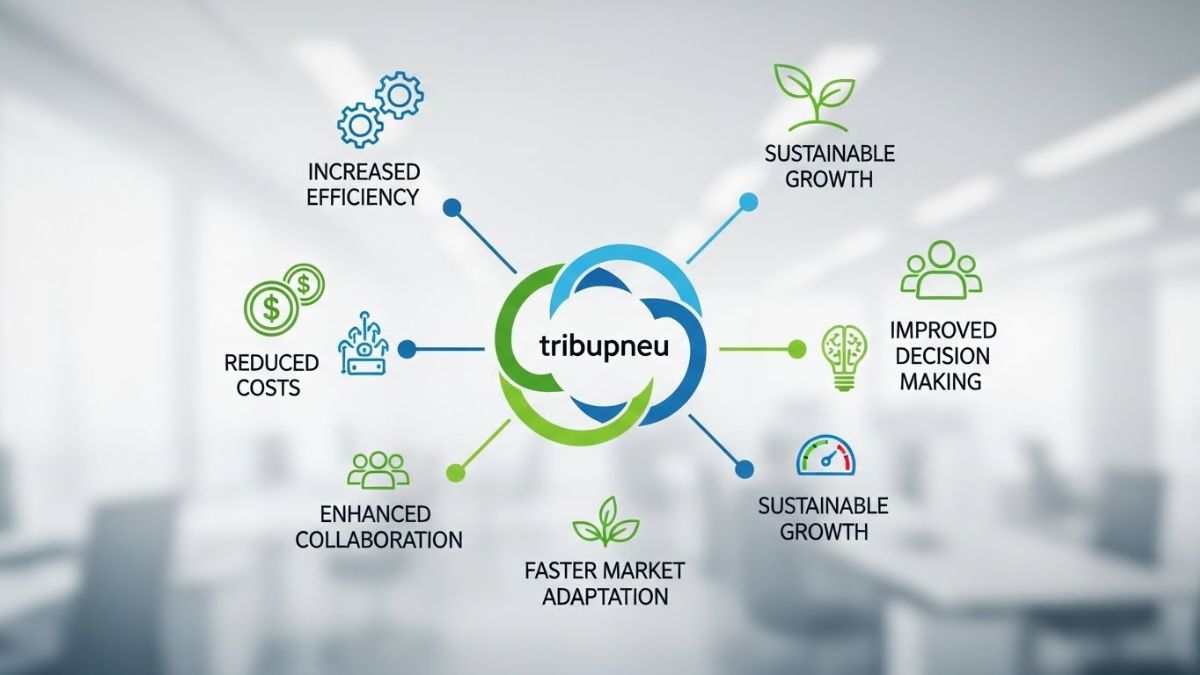If you’re aiming to become a successful freight agent, you’ll need more than just ambition; understanding the intricacies of the logistics industry is paramount. Start by familiarizing yourself with market trends and the key players in the field. It’s crucial to secure the necessary licenses, such as the freight broker license from FMCSA, to operate legally and gain credibility. Building a robust network and leveraging advanced technology like Transportation Management Systems can significantly streamline your operations. However, there are additional strategies and skills that can elevate your career even further, and it’s essential to explore these avenues to truly thrive.
Understand the Industry
Understanding the freight industry’s complexities is crucial for your success as a freight agent. You’ll need to grasp the nuances of market trends and competitive analysis to stay ahead. The freight industry is dynamic, with fluctuations in demand, fuel prices, and global trade policies impacting operations. By keeping an eye on market trends, you can anticipate shifts and adapt strategies accordingly.
Competitive analysis is another key component. It’s not just about knowing who your competitors are, but understanding their strengths, weaknesses, and market positioning. Analyze their service offerings, pricing models, and customer feedback. This will help you identify gaps in the market and areas where you can differentiate your services.
Additionally, staying updated with technological advancements and regulatory changes is essential. The use of logistics software, GPS tracking, and automation can streamline your operations and improve efficiency.
Lastly, networking with industry professionals and joining trade associations can provide valuable insights and opportunities. By continuously educating yourself and leveraging available resources, you’ll be better equipped to navigate the complexities of the freight industry and carve out a successful career as a freight agent.
Obtain Necessary Licenses
Securing the necessary licenses is a pivotal step in becoming a successful freight agent. To begin, you’ll need to familiarize yourself with the specific license requirements for freight agents in your region.
In the United States, for instance, you must obtain a freight broker license from the Federal Motor Carrier Safety Administration (FMCSA). This involves completing an application process and paying the associated fees.
Regulatory compliance is crucial in this industry. You’ll have to ensure that you meet all federal and state regulations, which might include obtaining a surety bond, typically valued at $75,000. This bond serves as a financial guarantee for your clients and partners, ensuring they’re protected against potential misconduct or fraud.
Additionally, you should complete a Unified Carrier Registration (UCR) and secure a broker authority number. These steps confirm that you’re legally permitted to operate as a freight agent. Don’t overlook any regional or local requirements, as these can vary significantly and impact your ability to operate.
Build a Strong Network
Now that you’ve secured all the necessary licenses and ensured regulatory compliance, the next step is to build a strong network. A robust network is essential in the freight industry, providing you with valuable connections that can lead to new opportunities and partnerships.
Start by attending networking events specific to logistics and transportation. These events offer a platform to meet industry professionals, share insights, and establish meaningful relationships. Don’t hesitate to introduce yourself, exchange business cards, and follow up with potential contacts.
In addition to in-person events, leverage online platforms to expand your network. LinkedIn is an excellent resource for connecting with other freight agents, shippers, and logistics companies. Join industry-specific groups, participate in discussions, and share relevant content to increase your visibility.
Platforms like Freight Brokers Network and DAT Freight & Analytics are also valuable for staying updated on industry trends and finding potential business partners.
Utilize Technology
Embracing technology is critical in becoming a successful freight agent. Leveraging digital tools can streamline your operations, making your work more efficient and accurate. Start by implementing a Transportation Management System (TMS). This digital tool helps you manage shipments, track deliveries, and optimize routes, saving both time and money.
Consider the automation benefits that technology offers. Automated invoicing and billing systems reduce manual errors and speed up payment processes. By automating routine tasks, you can focus on higher-value activities like building client relationships and expanding your network.
Customer Relationship Management (CRM) software is another essential digital tool. It helps you track interactions with clients, manage leads, and improve customer service. A robust CRM system ensures that you never miss an opportunity to follow up or close a deal.
Real-time tracking and data analytics tools provide valuable insights into shipment statuses and performance metrics. These digital tools enable you to make data-driven decisions, enhancing operational efficiency and customer satisfaction.
Incorporating these technologies into your daily operations not only boosts productivity but also sets you apart from competitors. Staying updated with the latest technological advancements ensures you remain agile and responsive in the ever-evolving freight industry.
Enhance Your Skills
Building on the foundation of leveraging technology, enhancing your skills is equally paramount for a successful career as a freight agent. Mastering negotiation strategies is vital. You’ll frequently negotiate contracts, rates, and terms with carriers and clients. Learn to articulate your value proposition clearly and confidently. Understand market rates, capacity constraints, and carrier relationships to craft compelling arguments that benefit all parties involved.
Additionally, refining your customer service techniques is crucial. Exceptional customer service can differentiate you from competitors. Develop active listening skills to understand client needs fully and respond promptly to their concerns. Personalize your communications to build strong, long-lasting relationships. Ensure that every interaction leaves clients feeling valued and understood.
Continual learning is essential. Consider enrolling in courses or attending workshops focused on logistics, supply chain management, and relevant software tools. Networking with industry professionals can also provide insights and opportunities for growth. Stay abreast of industry trends and best practices to maintain a competitive edge.
Conclusion
In conclusion, becoming a successful freight agent requires understanding the industry, obtaining the necessary licenses, and building a strong network. Don’t overlook the power of technology to streamline operations, and always strive to enhance your skills. Remember, “knowledge is power”—staying updated on trends and honing your abilities will set you apart in this competitive field. With dedication and the right approach, you’ll navigate your way to success.
ALSO READ: Where to Find Wholesale Blank Name Tags for Your Business















